Which Is Better Uv Filter Or Polarizing Filter ?
Both UV filters and polarizing filters serve different purposes and cannot be compared as better or worse.
UV filters are primarily used to protect the camera lens from scratches, dust, and other physical damage. They also help to reduce the amount of ultraviolet light that enters the lens, which can cause a blueish haze in photos taken in bright sunlight. However, with modern digital cameras, the impact of UV light is minimal, and the use of UV filters is more for protection than for improving image quality.
On the other hand, polarizing filters are used to reduce glare and reflections from non-metallic surfaces such as water, glass, and foliage. They also enhance the color saturation and contrast in the image, making the colors appear more vibrant and vivid. Polarizing filters are particularly useful for landscape and outdoor photography, where the reflections from water and other surfaces can be distracting.
In summary, UV filters are primarily used for protection, while polarizing filters are used for improving image quality in specific situations. The choice between the two depends on the photographer's needs and the type of photography they are doing.
1、 UV filter: Reduces haze and protects lens from UV rays.
Which is better, UV filter or polarizing filter? The answer to this question depends on the specific needs of the photographer. UV filters are designed to reduce haze and protect the lens from UV rays. They are particularly useful when shooting in bright sunlight or at high altitudes where the UV rays are more intense. UV filters can also help to improve the overall clarity and sharpness of the image.
On the other hand, polarizing filters are designed to reduce glare and reflections, particularly when shooting water, glass, or other reflective surfaces. They can also help to enhance the colors in the image, making them more vibrant and saturated. Polarizing filters are particularly useful for landscape and outdoor photography.
In terms of which is better, it really depends on the specific situation and the photographer's needs. If you are shooting in bright sunlight or at high altitudes, a UV filter may be more beneficial. If you are shooting landscapes or other outdoor scenes with reflective surfaces, a polarizing filter may be more useful.
However, it is worth noting that some photographers argue that using filters can degrade the image quality, particularly if you are using a low-quality filter. Additionally, some modern lenses are already designed to reduce UV rays and may not require a separate filter. Ultimately, the decision to use a filter or not will depend on the individual photographer's preferences and needs.
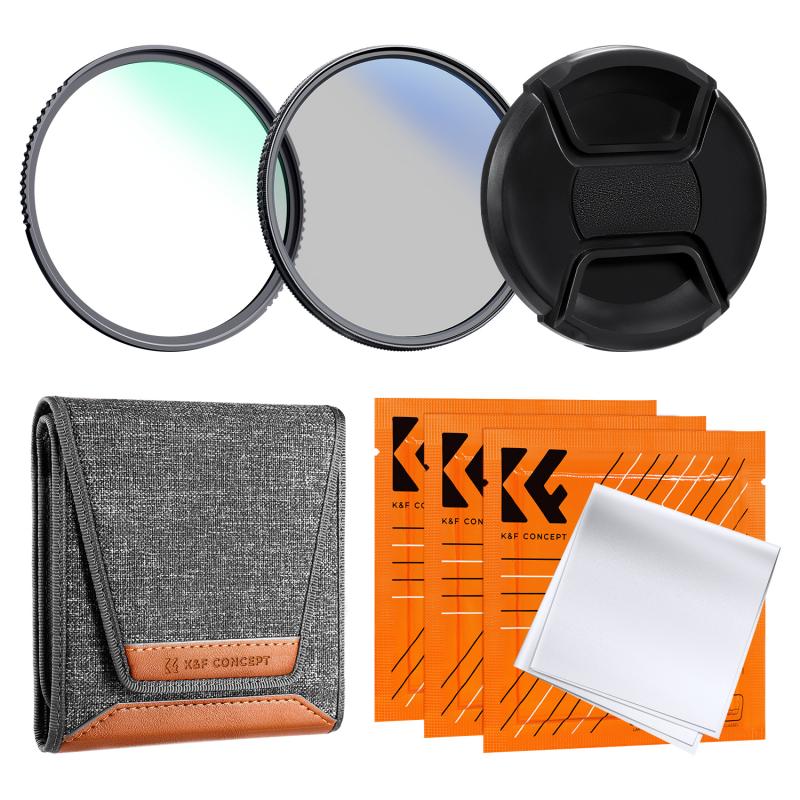
2、 Polarizing filter: Reduces glare and reflections, enhances colors.
Polarizing filters and UV filters are both popular camera accessories that can improve the quality of your photos. However, they serve different purposes and cannot be compared as one being better than the other.
UV filters are primarily used to protect the camera lens from scratches, dust, and other potential damage. They also help to reduce the amount of UV light that enters the lens, which can cause a blueish tint in photos taken in bright sunlight. However, with modern digital cameras, the UV filter's effect on image quality is minimal, and some photographers argue that it's unnecessary to use one.
On the other hand, polarizing filters are used to reduce glare and reflections, enhance colors, and improve the overall quality of the image. They work by filtering out light waves that are polarized in a certain direction, which can cause unwanted reflections and glare. Polarizing filters are particularly useful when shooting landscapes, water scenes, and other outdoor environments where reflections and glare can be a problem.
In terms of which filter is better, it ultimately depends on the situation and the photographer's needs. If you're shooting in bright sunlight and want to protect your lens, a UV filter may be a good choice. However, if you're looking to enhance the colors and reduce glare in your photos, a polarizing filter is the way to go.
In recent years, some photographers have argued that with the advancements in digital camera technology, the use of filters is becoming less necessary. However, many still swear by the benefits of using filters, and it ultimately comes down to personal preference and shooting style.
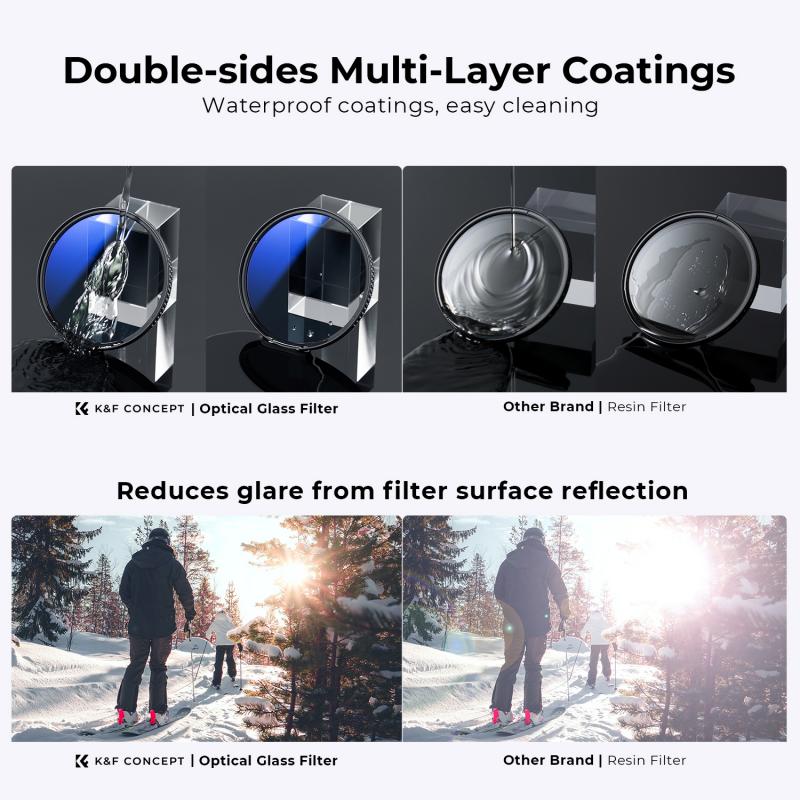
3、 UV and polarizing filters: Combination of both filters.
The question of whether a UV filter or a polarizing filter is better is a common one among photographers. Both filters have their own unique benefits and can be used in different situations. A UV filter is primarily used to protect the lens from scratches, dust, and other debris. It also helps to reduce the amount of UV light that enters the lens, which can cause a blueish haze in photos taken in bright sunlight. On the other hand, a polarizing filter is used to reduce glare and reflections, and to enhance colors and contrast in photos.
However, the latest point of view is that a combination of both filters can be the best option for photographers. By using a UV filter to protect the lens and a polarizing filter to enhance the image quality, photographers can achieve the best of both worlds. This combination can be particularly useful when shooting landscapes or outdoor scenes, where the sun's glare and reflections can be a problem. The polarizing filter can help to reduce these issues, while the UV filter protects the lens from damage.
It's important to note that not all lenses are compatible with both filters, so it's important to check the lens specifications before purchasing. Additionally, using multiple filters can sometimes cause vignetting or other issues, so it's important to test the combination before using it in a professional setting. Overall, the combination of a UV filter and a polarizing filter can be a great option for photographers looking to protect their lens and enhance their image quality.
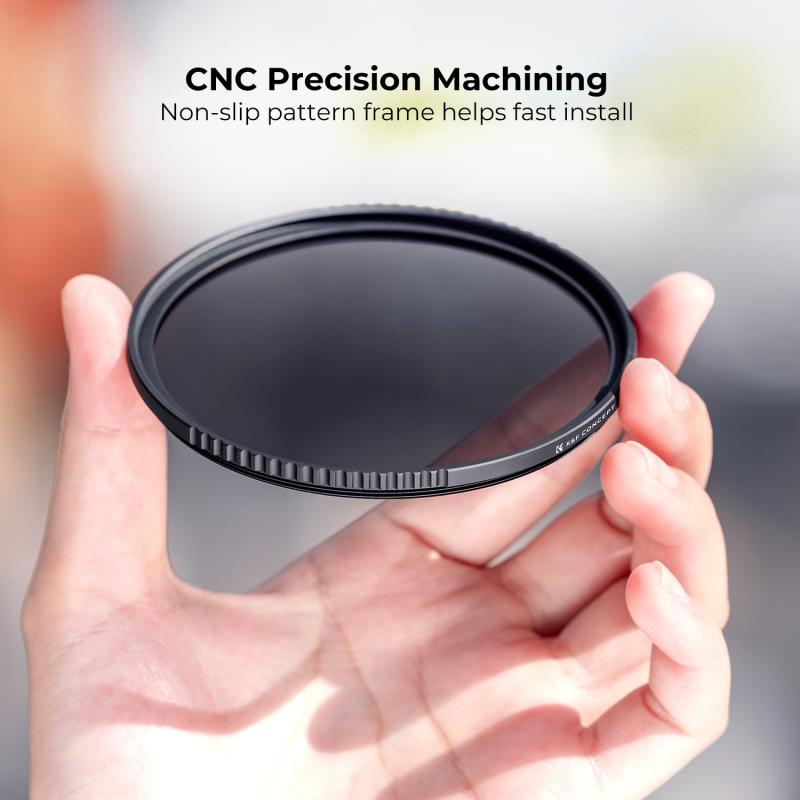
4、 Pros and cons of UV filters.
UV filters are designed to block ultraviolet light from entering the camera lens. Here are some pros and cons of using UV filters:
Pros:
1. Protection: UV filters can protect the camera lens from scratches, dust, and other potential damage.
2. Clarity: UV filters can improve the clarity of images by reducing haze and atmospheric distortion.
3. Cost-effective: UV filters are relatively inexpensive compared to other types of filters.
Cons:
1. Image quality: Some photographers argue that UV filters can reduce image quality by introducing unwanted reflections and flares.
2. Unnecessary: In some situations, UV filters may not be necessary, especially if the camera is already equipped with UV protection.
3. Compatibility: Not all lenses are compatible with UV filters, so it's important to check before purchasing.
Latest point of view:
In recent years, there has been a shift in the photography community towards not using UV filters. Many photographers argue that modern camera lenses are already equipped with UV protection, making UV filters unnecessary. Additionally, some photographers believe that UV filters can actually reduce image quality by introducing unwanted reflections and flares. However, there are still some photographers who swear by UV filters for their protective qualities and ability to improve image clarity. Ultimately, the decision to use a UV filter comes down to personal preference and the specific needs of the photographer.
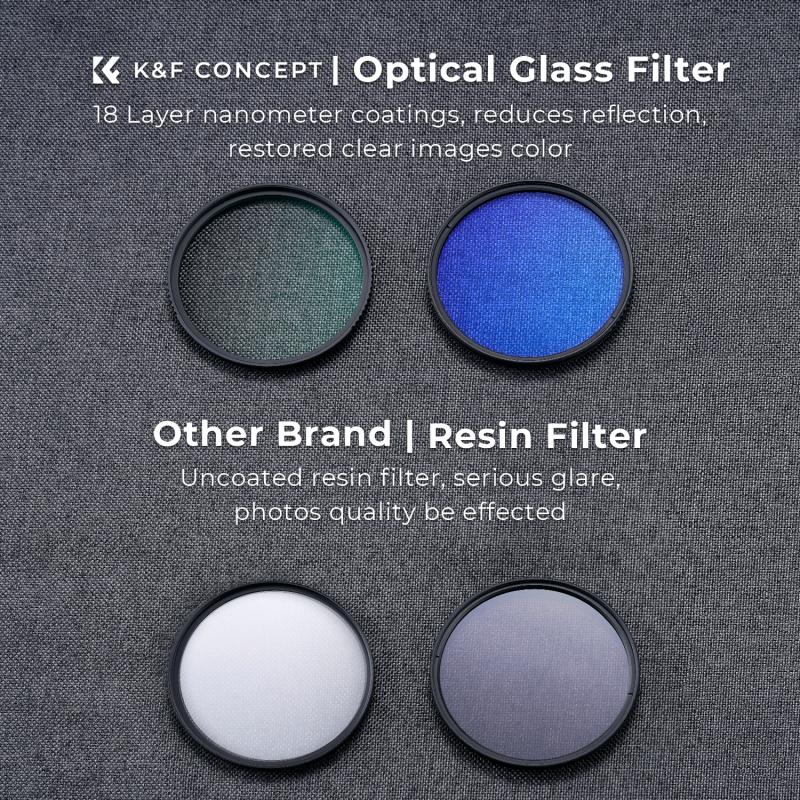

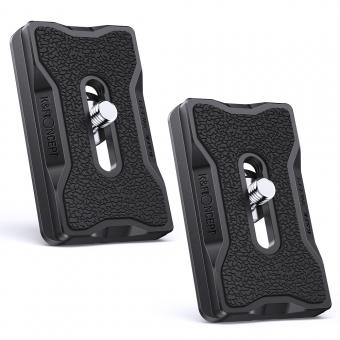

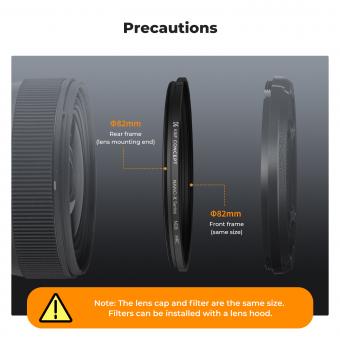

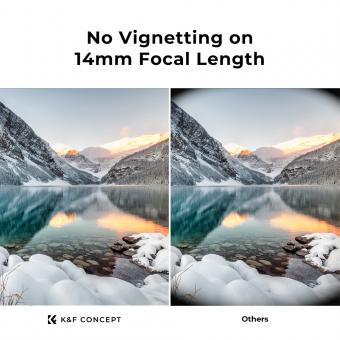


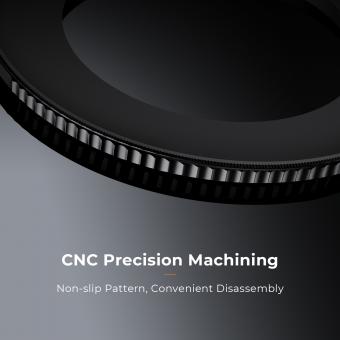


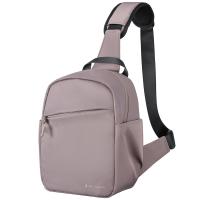
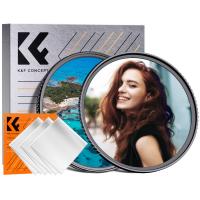
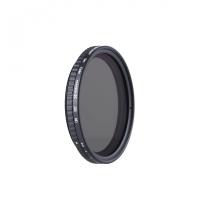
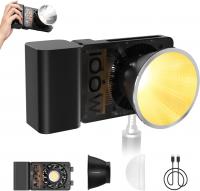
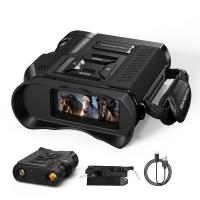
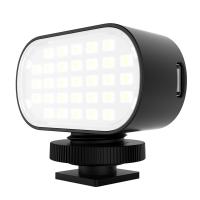
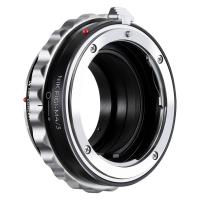
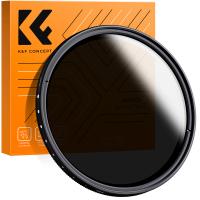
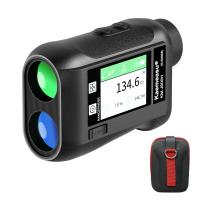
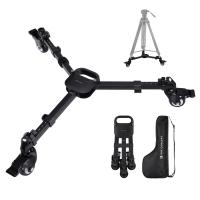
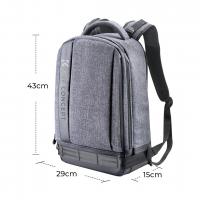
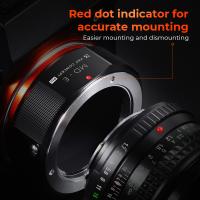
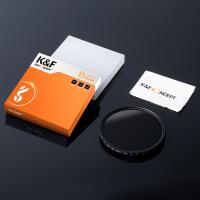

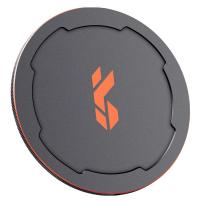



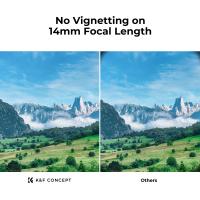
There are no comments for this blog.